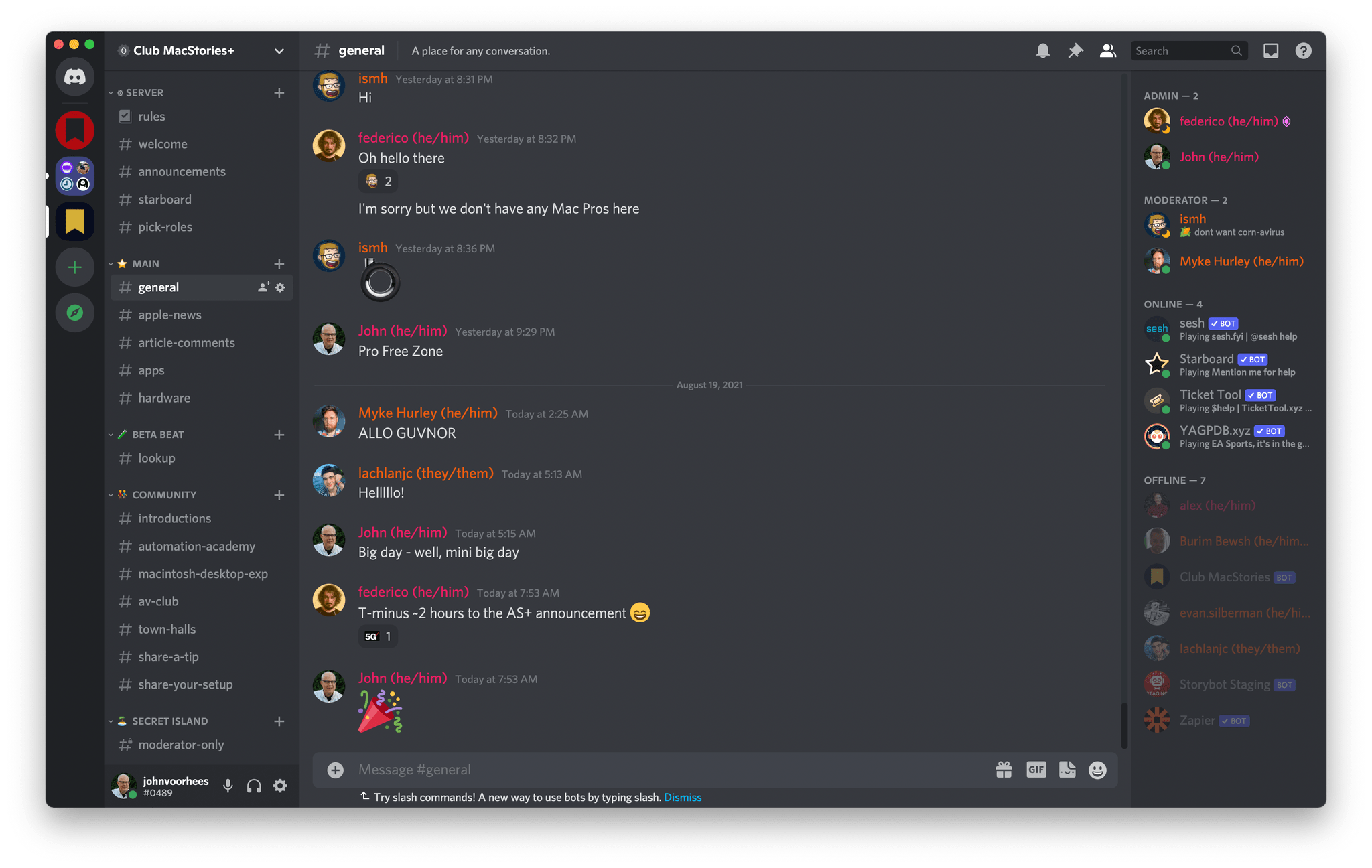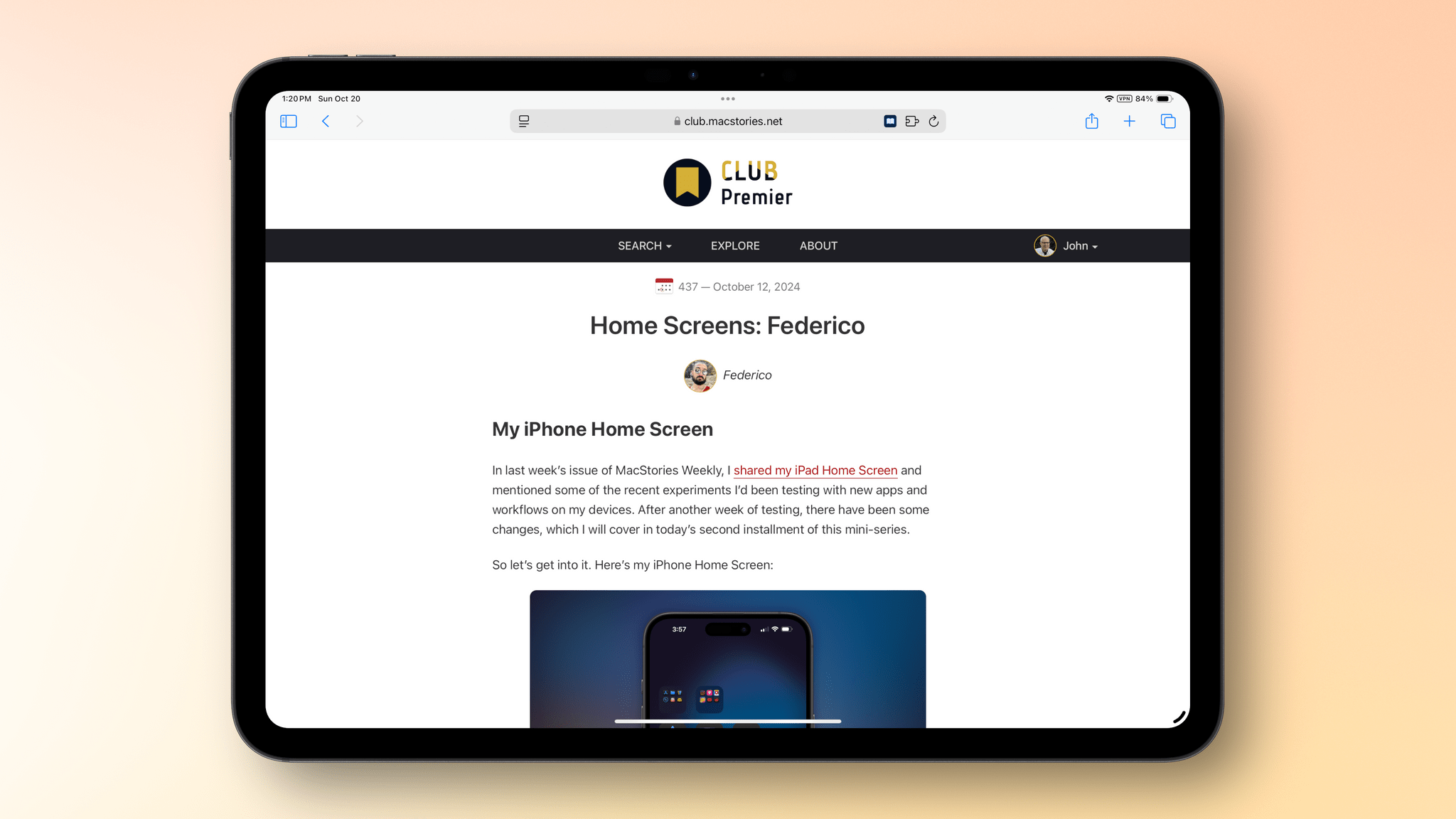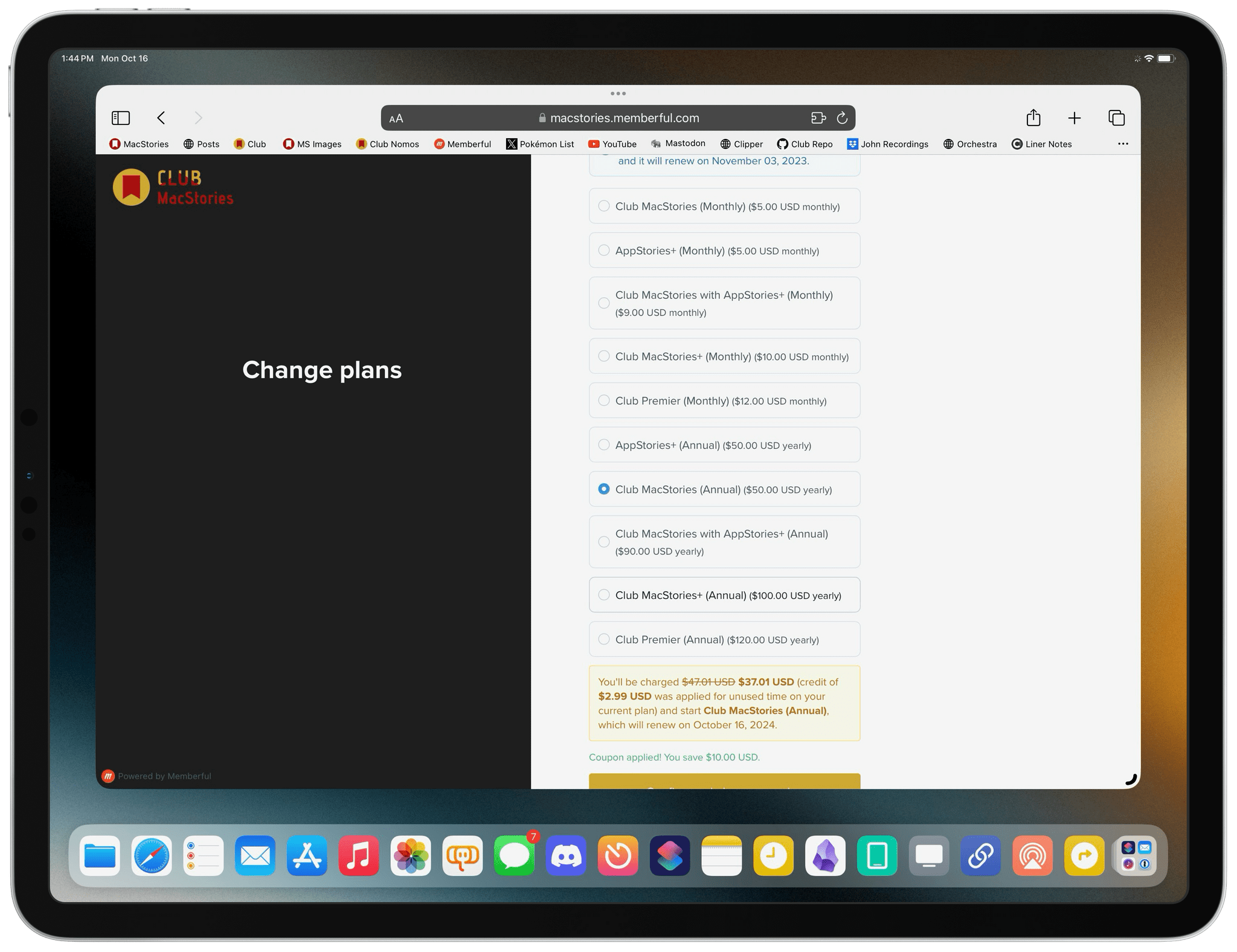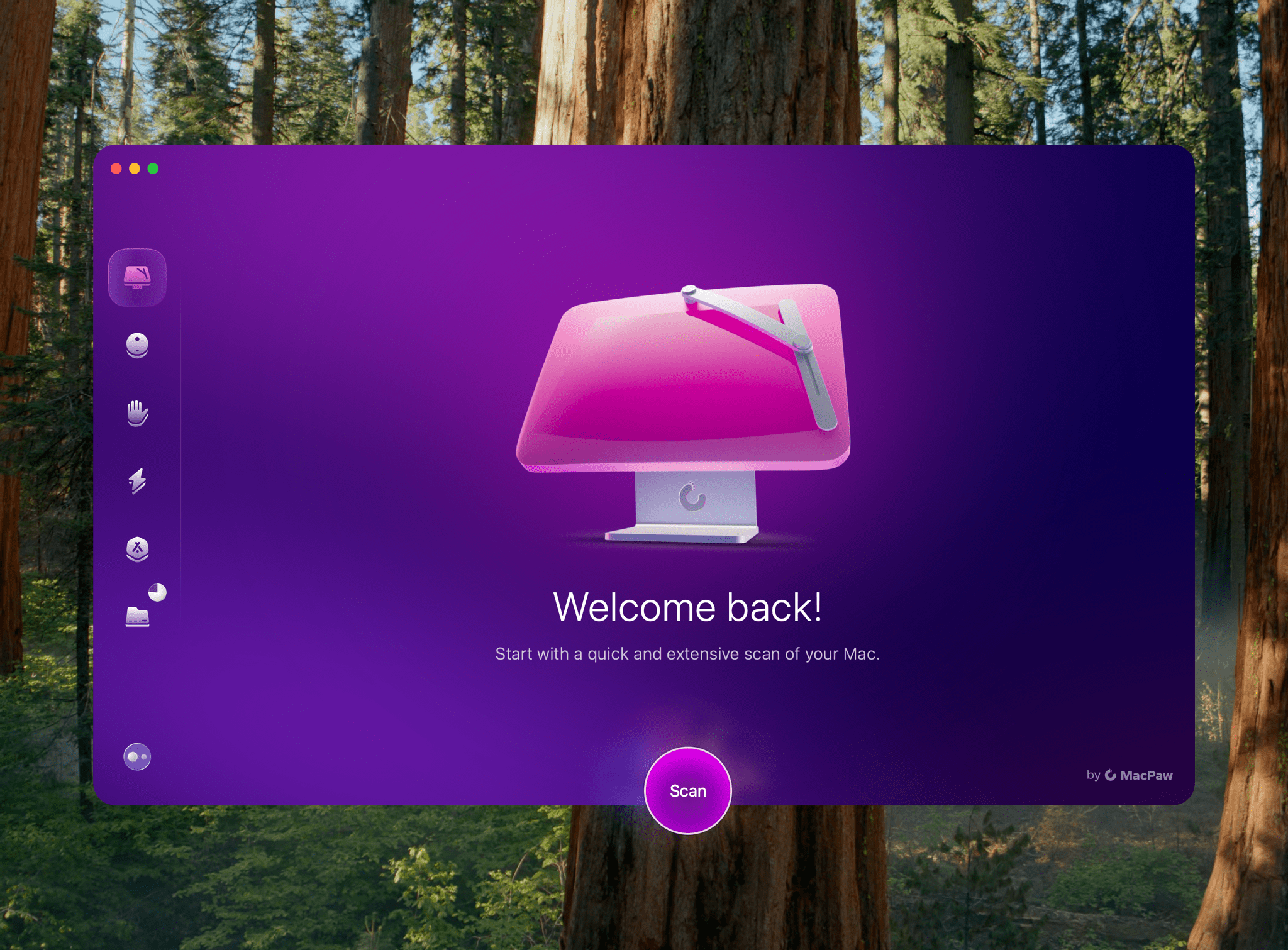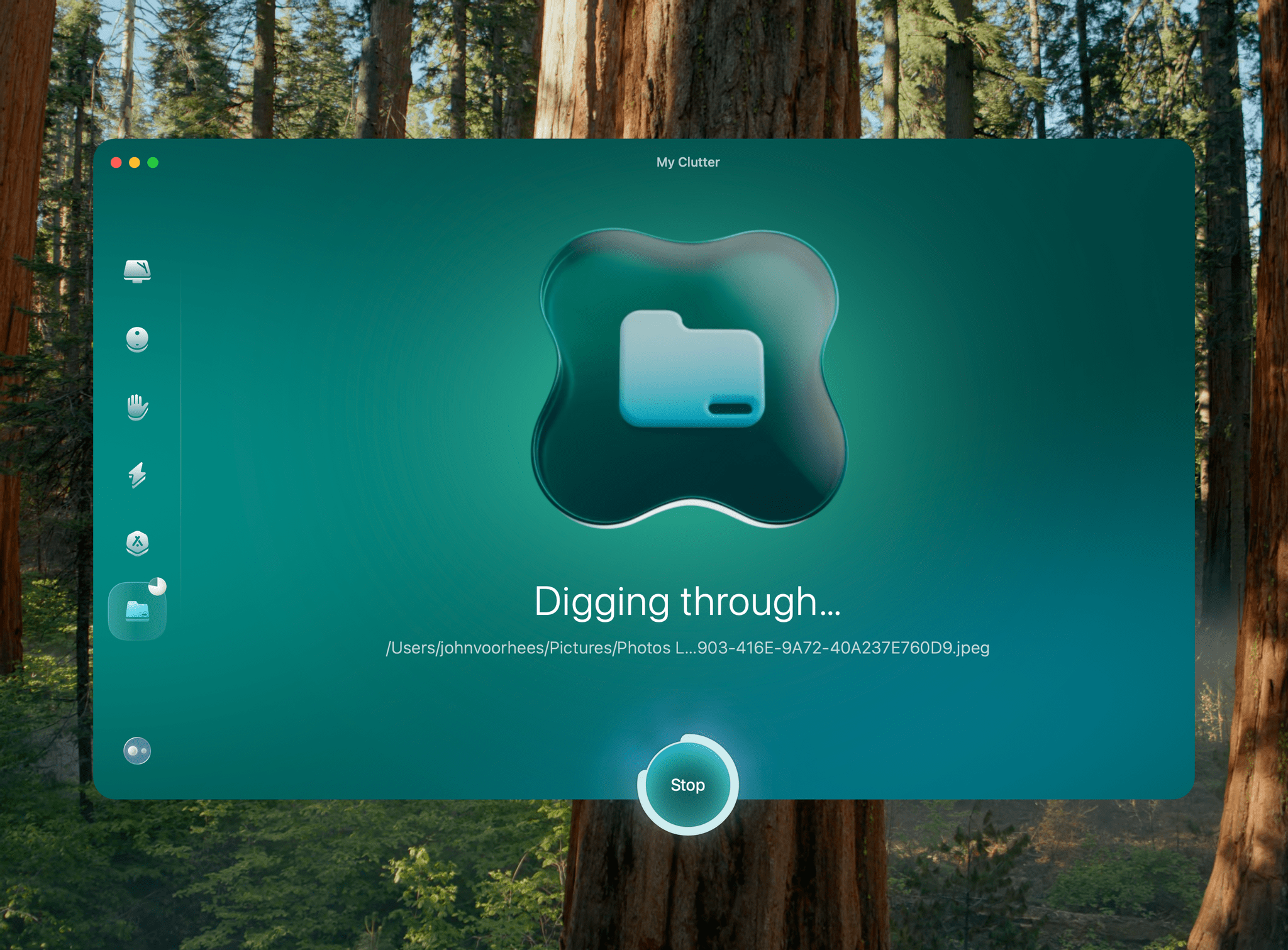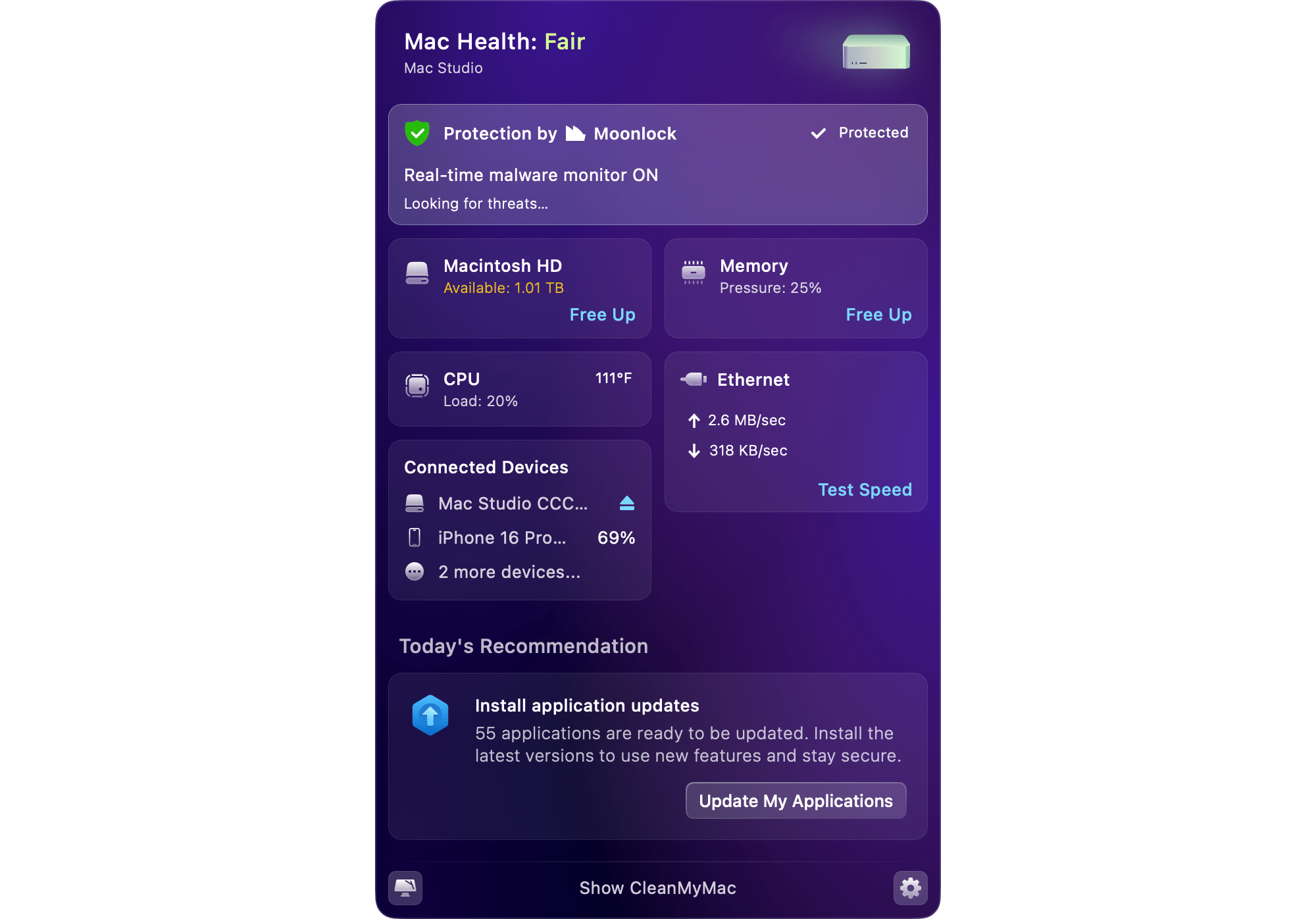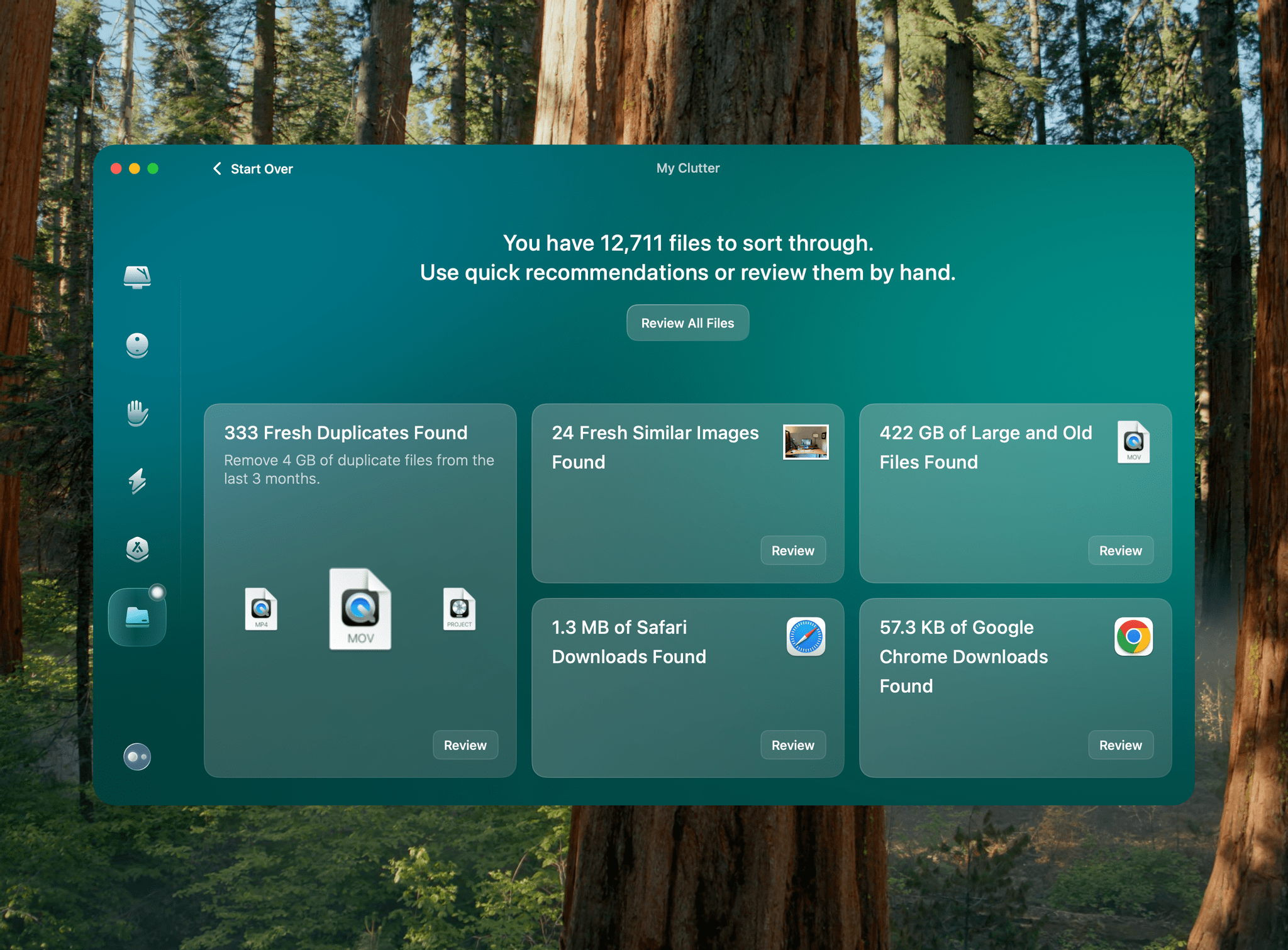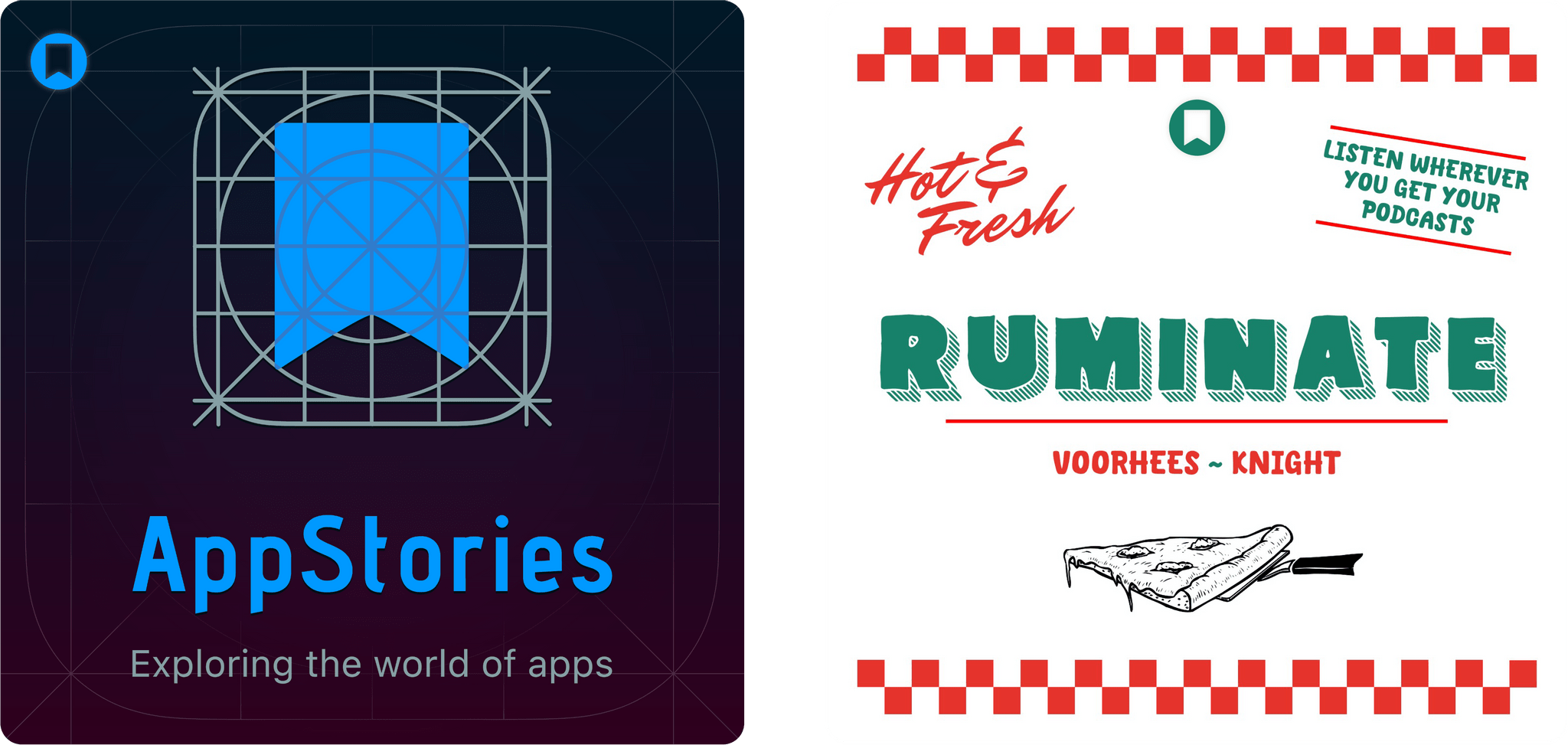Today, we’re expanding our podcast AppStories to include video on YouTube. AppStories debuted in 2017, and with over 400 episodes recorded, it’s long past due for a video version.
So beginning today, you can watch AppStories on the MacStories YouTube channel:
Today’s episode was a great place to start because Federico and I discussed his iPad mini review, and in the video version, he was able to show off the hardware in a way that isn’t possible in the audio-only version.
It’s safe to say that bringing AppStories to YouTube is a good sign that our YouTube channel has graduated from an experiment to a full-fledged component of MacStories. If you haven’t subscribed to the channel yet, you can check it out and subscribe here.
It’s not a conventional YouTube channel by any stretch, and as I recently discussed with Robb on Ruminate, it’s not meant to be. The purpose of the channel is to reach podcast listeners we wouldn’t have otherwise, enhance the experience for listeners of our shows, and add a new dimension to what we do on MacStories.net – and soon, Club MacStories – which it has accomplished more and more with each passing week.
If you’re curious about AppStories on YouTube, you can subscribe to just the show or the whole channel, which also includes
- the video versions of Comfort Zone and NPC: Next Portable Console;
- podcast bonus material for NPC;
- audio versions of Ruminate, Magic Rays of Light, and MacStories Unwind;
- playlists of classic AppStories episodes; and
- a growing collection of MacStories videos.
It should go without saying that the audio versions of our podcasts aren’t going anywhere, but I always hear concerns that the video version of a show will wreck the audio-only version. It won’t. AppStories in particular has been an audio-first podcast for seven years, so that’s not changing; but if you want to watch AppStories, now you can.
Thanks to everyone who has subscribed to the MacStories YouTube channel and tried our podcasts there. If you haven’t checked out the channel in a while, stop by sometime. It’s changed a lot since we launched it in June, and we’re not finished building it out yet. We have plenty of plans yet to come, including a little bonus for Club members later this week.


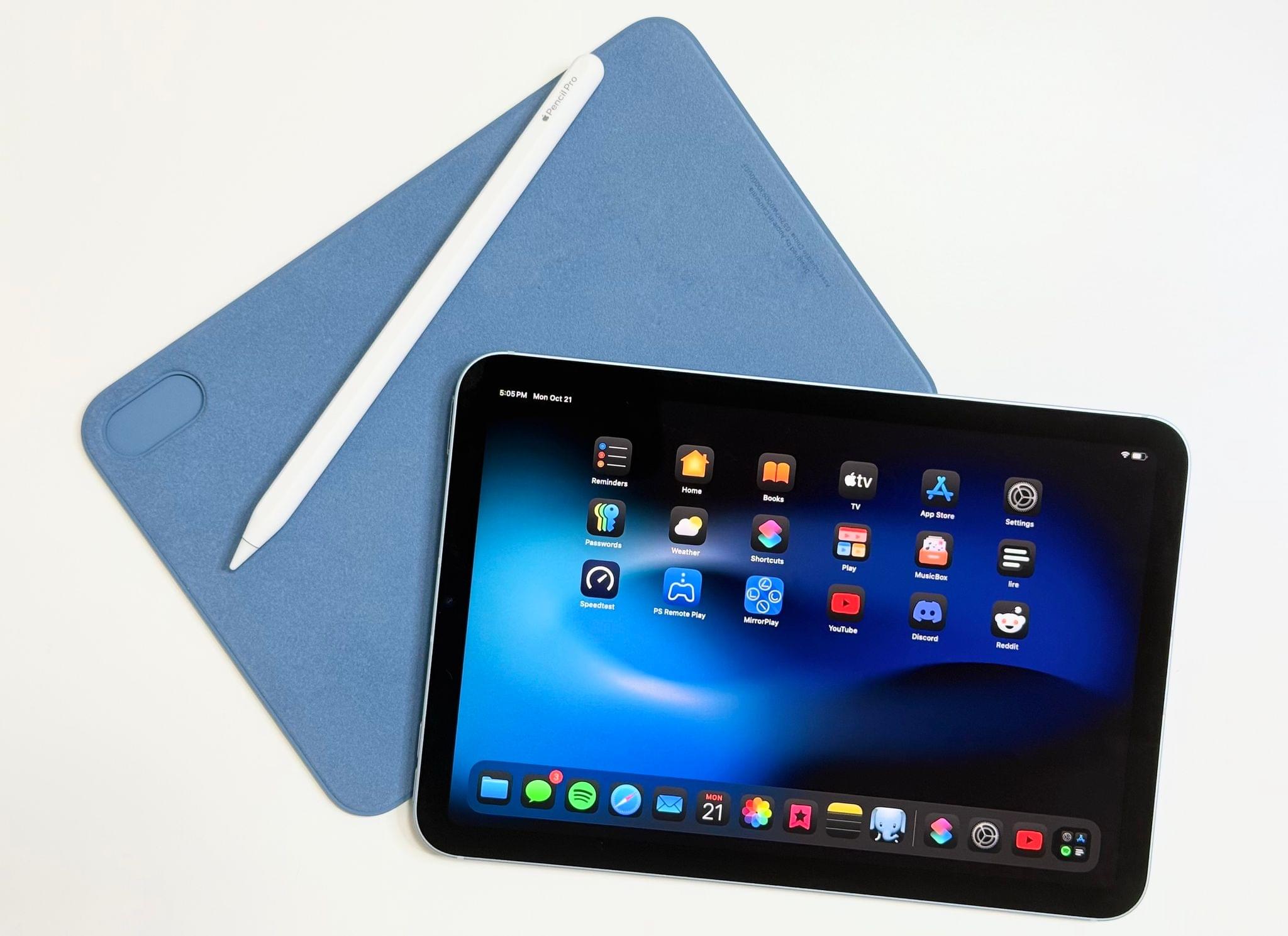

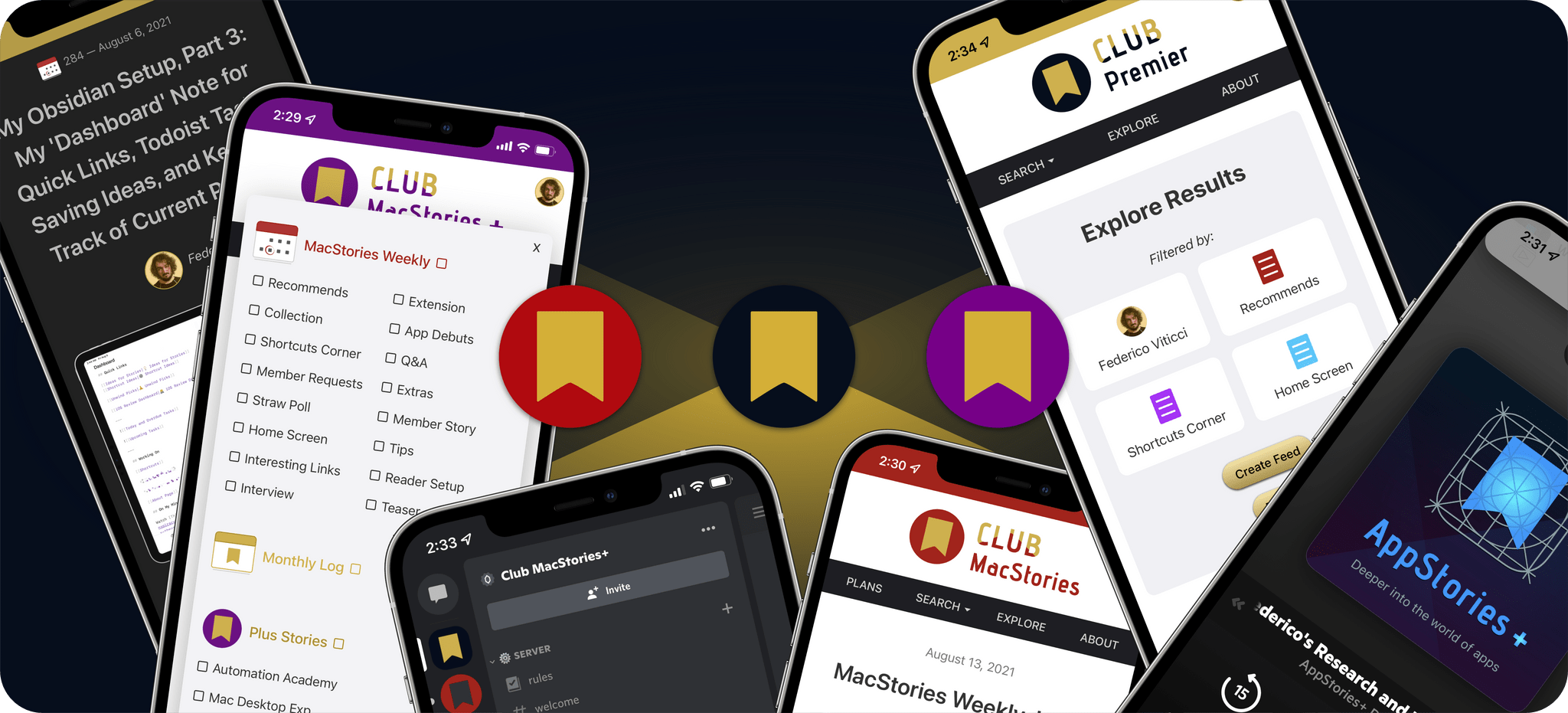
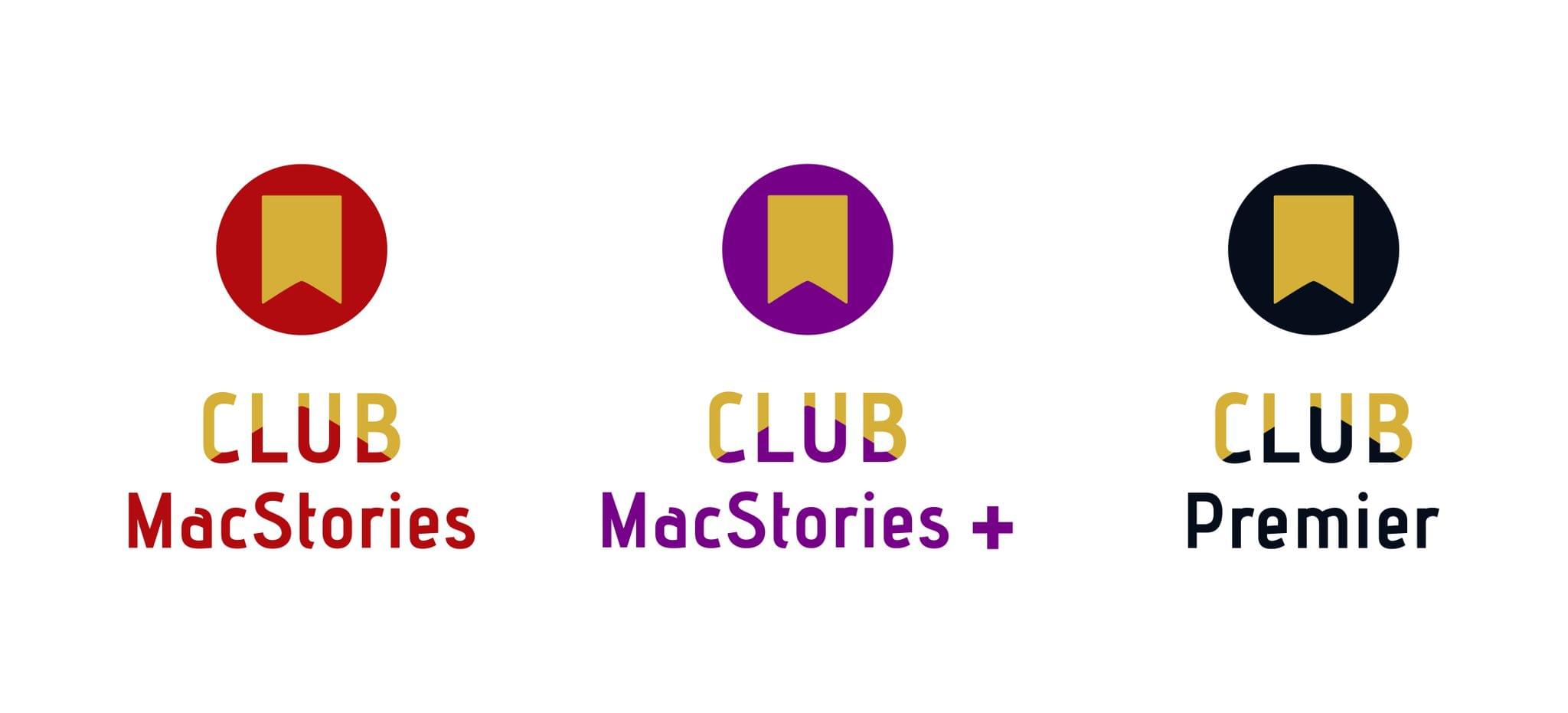
 for more details on each Club option.](https://cdn.macstories.net/ivborw0kggoaaaansuheugaac50aaajwcayaaaakgq9xaaaacxbiwxmaaastaaaleweampwyaaam-1629596463664.png)
